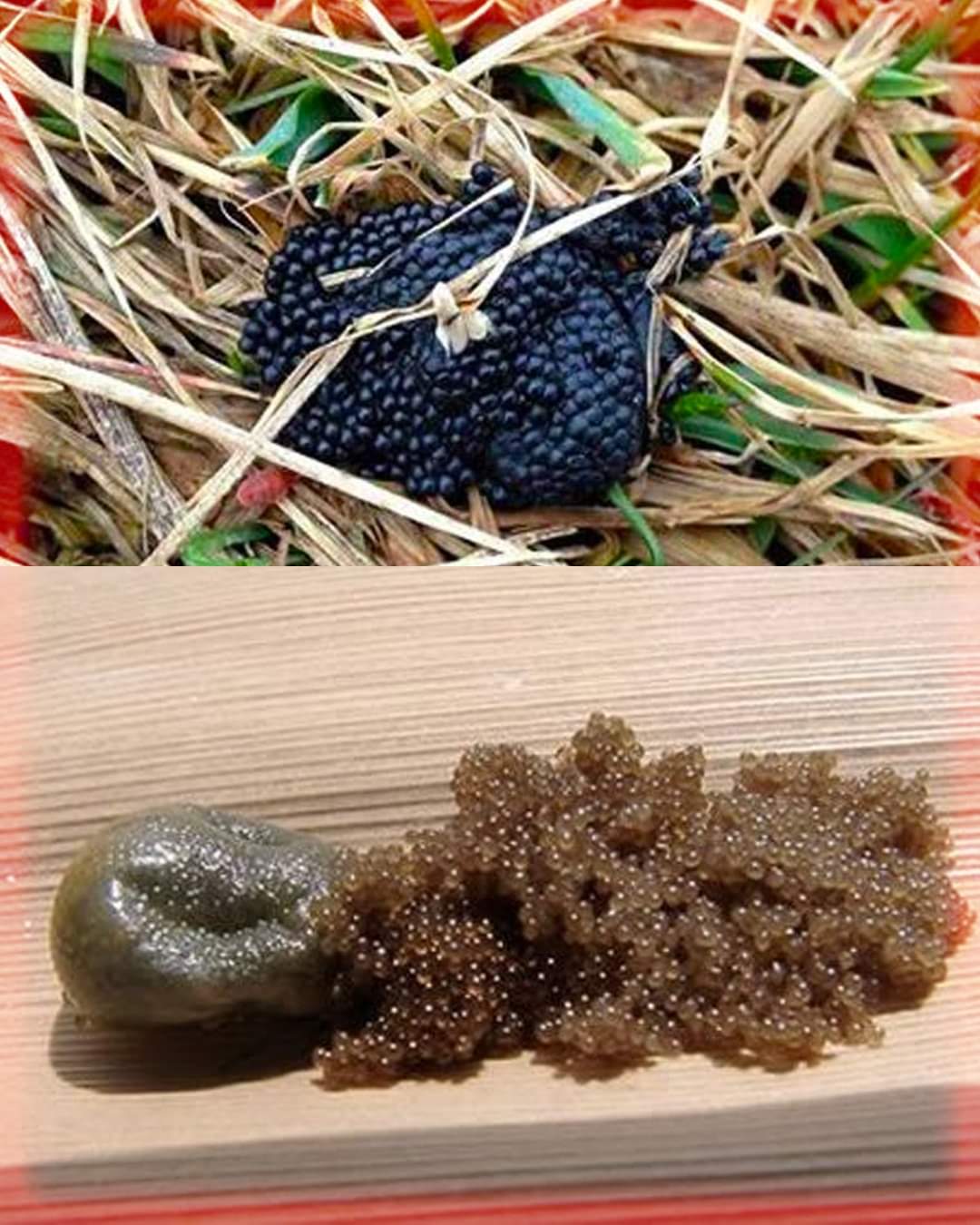Remove Deer-Attracting Plants: Deer ticks, responsible for spreading Lyme disease, can be deterred by eliminating plants like tulips, hostas, and azaleas, which attract deer.
Introduce Tick-Repelling Plants: Planting herbs like mint, rosemary, and flowers such as chrysanthemums can help keep ticks away.
Regular Lawn Maintenance: Keep your lawn mowed and reduce heavy brush and ground cover. This reduces the habitat for ticks.
Manage Woodpiles and Debris: Ticks lay eggs in dark, moist places. Keep woodpiles elevated off the ground and away from the house.
Discourage Small Host Animals: Maintain stonewalls and avoid bird feeders that can attract rodents, which are common hosts for ticks.
Use Natural Tick Repellents: Essential oils like cedarwood, neem, and citronella, and diatomaceous earth can be effective natural repellents.
Employ Tick Tubes: These are no-spray tools that can kill ticks and prevent diseases.
Incorporate Rough Textures: Using lava rock or pebble mulch in garden beds makes the area less hospitable for ticks.
Create Lawn-Free Zones: Use hardscaping to reduce tick habitats.
Apply Insecticides Carefully: If necessary, use insecticides like synthetic pyrethroids or natural alternatives like cedar oil.
It’s crucial to stay vigilant against tick infestations. By identifying and properly handling tick eggs, along with implementing preventive measures in your yard, you can significantly reduce the risk of ticks and the diseases they carry. Always prioritize safety and consult professionals when necessary to effectively manage tick-related issues.
